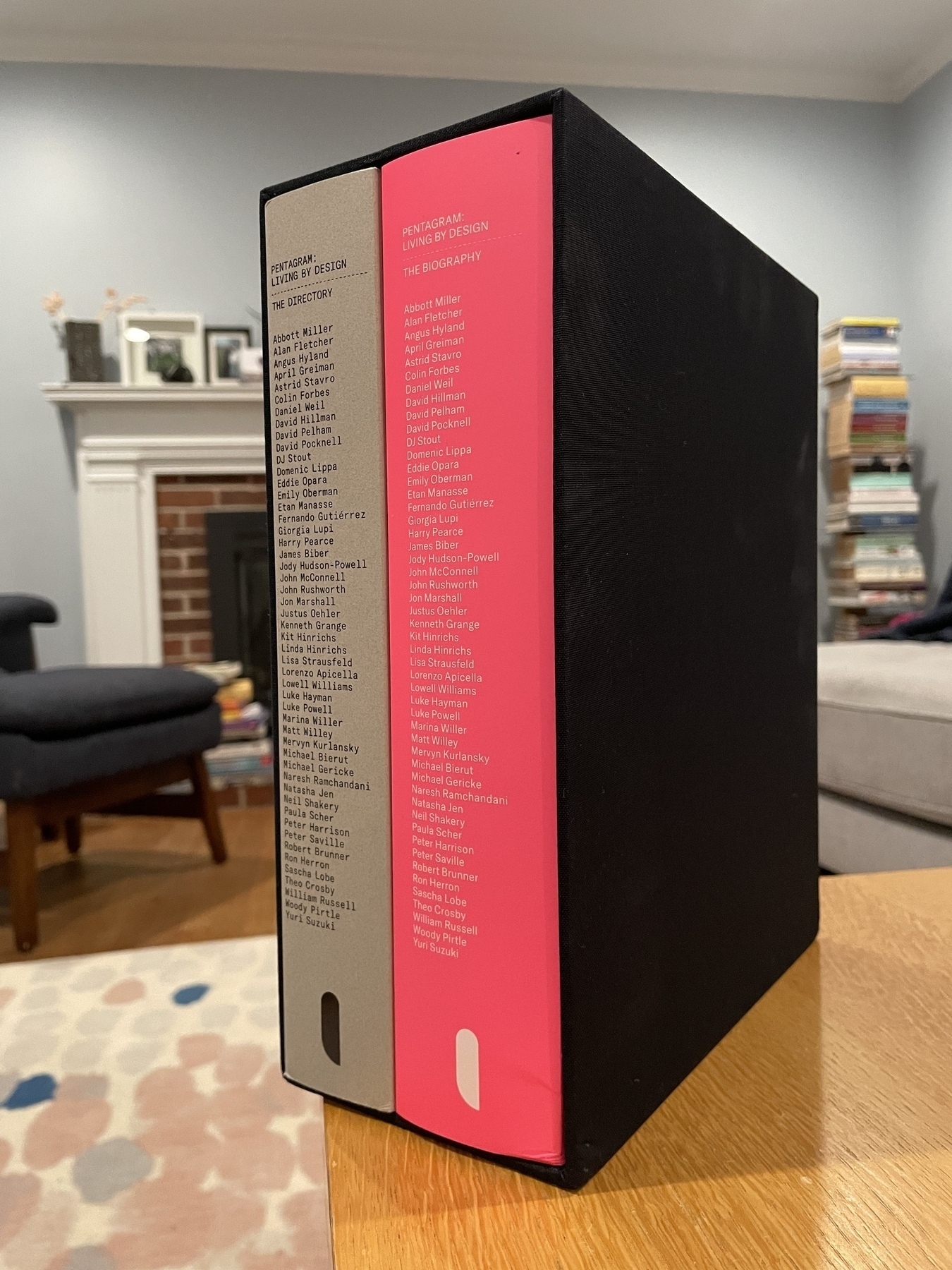“How Much Does ‘Nothing’ Weigh?” — A fantastic, strikingly photographed feature in Scientific American. The experiment aiming to measure the void of empty space will be conducted in an abandoned mine in Sardinia.
“How Much Does ‘Nothing’ Weigh?” — A fantastic, strikingly photographed feature in Scientific American. The experiment aiming to measure the void of empty space will be conducted in an abandoned mine in Sardinia.
In Esquire, “Behind the Scenes of Barack Obama’s Reading Lists”:
The question of how the most powerful man on the planet found time to read Fates and Furies amid major world events like the Arab Spring and the killing of Osama bin Laden is a perfectly valid reason for skepticism—the guy was and is busy!—but Schultz says Obama found time to read because he sees reading as necessary, and he makes it a priority on his schedule. “He considered [reading] part of being a good leader, part of being a good president, part of being a good father, a good husband, and a good man,” Schultz said.
Sometimes Copilot will be right, other times usefully wrong — but it will always put you further ahead.
From Microsoft’s announcement for Copilot, an (impressive-looking) AI assistant for M365. “Usefully wrong.” Such a striking phrase, so confidently delivered.
From Megan Garber’s astute, unsettling cover essay in the current issue of The Atlantic, “We’re Already in the Metaverse: Reality is blurred. Boredom is intolerabe. And everything is entertainment”:
Dwell in this environment long enough, and it becomes difficult to process the facts of the world through anything except entertainment. We’ve become so accustomed to its heightened atmosphere that the plain old real version of things starts to seem dull by comparison. A weather app recently sent me a push notification offering to tell me about “interesting storms.” I didn’t know I needed my storms to be interesting. Or consider an email I received from TurboTax. It informed me, cheerily, that “we’ve pulled together this year’s best tax moments and created your own personalized tax story.” Here was the entertainment imperative at its most absurd: Even my Form 1040 comes with a highlight reel.
Such examples may seem trivial, harmless—brands being brands. But each invitation to be entertained reinforces an impulse: to seek diversion whenever possible, to avoid tedium at all costs, to privilege the dramatized version of events over the actual one. To live in the metaverse is to expect that life should play out as it does on our screens. And the stakes are anything but trivial. In the metaverse, it is not shocking but entirely fitting that a game-show host and Twitter personality would become president of the United States.
Later, after chronicling an offensive and absurd incident initiated by a clueless-but-still-megaphoned TikToker:
The dynamics are simple, and stark. The people on our screens look like characters, so we begin to treat them like characters. And characters are, ultimately, expendable; their purpose is to serve the story. When their service is no longer required, they can be written off the show.
Garber doesn’t mention David Foster Wallace’s “Infinite Jest” in her deeply considered piece, but it certainly brought to mind the infamous videotape from that novel. Known as “the Entertainment,” the circulating cartridge is known to be so ridiculously entertaining that anyone who sees it will be compelled to watch it over and over, over and over, until they expire.

From “Super-Infinite,” Katherine Rundell’s new book on John Donne that’s got all kinds of verve:
He wanted to wear his wit like a knife in his shoe.

“Pentagram: Living by Design,” the exquisite-looking 50-year history of the iconic design studio, has landed at my house. Published by United Editions. Can’t wait.
Favorite new TV show find of the year: “Slow Horses,” streaming on Apple TV+. Great characters and acting, absorbing plot, good humor. After downing seasons 1 and 2, I’m excited to hear there are more to come.
At Fast Company, a look at what Frank Lloyd Wright’s unbuilt designs would look like today. The Illinois is quite something.
Rick Rubin, talking with Tyler Cowen, gets to the heart of what we lose as streaming music fans:
I’ll say the most difficult thing about it now is that all of it has a disposability that it didn’t have before. In the old days, you would buy a piece of music, you would own it, and you would be invested in that piece of music as yours. Now everything is available, which is fantastic and I love it. As a fan, I love it.
When something comes out by an artist that you love, it doesn’t have the same gravitas that it once had because it’s on this conveyor belt of music that’s always going by. Even the thing you love, you listen to it, but then there’s something new right behind it, coming right behind it, always something new coming right behind it. I don’t know how the music of today can get to the point of the canon of the music of the past based on that short term, the fact that the music goes by so quickly. Even the things we love, the shelf life is very short now.

“After Yang” was a beautiful, sensitive, and contemplative movie. Quiet, unrushed. The characters' world is strikingly, confidently created — of the future, but earthy, calm. Written and directed by Kogonada, whose “Columbus” I also loved. He’s got a singular vision and vibe. I’ll watch whatever he makes for however long he makes it.
At Brand New, a new logo and identity for Catskill Art Space designed by Athletics. Lovely.
Speaking of ChatGPT, the recent “Ezra Klein Show” episode with A.I. expert Gary Marcus was insightful. This seems concerning:
Klein: And what unnerved me a bit about ChatGPT was the sense that we are going to drive the cost of bullshit to zero when we have not driven the cost of truthful or accurate or knowledge advancing information lower at all. And I’m curious how you see that concern.
Marcus: It’s exactly right. These systems have no conception of truth. Sometimes they land on it and sometimes they don’t, but they’re all fundamentally bullshitting in the sense that they’re just saying stuff that other people have said and trying to maximize the probability of that. It’s just auto complete, and auto complete just gives you bullshit.
And it is a very serious problem. I just wrote an essay called something like “The Jurassic Park Moment for A.I.” And that Jurassic Park moment is exactly that. It’s when the price of bullshit reaches zero and people who want to spread misinformation, either politically or maybe just to make a buck, start doing that so prolifically that we can’t tell the difference anymore in what we see between truth and bullshit.
Media keeps falling in love with technology and finding out it’s a really bad boyfriend. Super hot, but it just takes your money.
From “The Death of the Link," the latest episode of “The People vs. Algorithms” podcast. Some good discussion on ChatGPT and how it may impact media. (That quote could have also been about Instant Articles back in 2015.)
“A Tweet Before Dying”: Paul Ford, perceptive and funny and deep yet again, writing in Wired. Here he is on stepping away from his social stream to dive into curious PDFs unearthed from decades past:
But the seeking is important, too; people should explore, not simply feed.
In the NYT, "‘Snow Fall’ at 10." I can clearly remember when this immersive multimedia piece came out — discussing it with my agency colleagues, trying to figure out how we could get clients on board.
Speaking of year-end traditions, I enjoyed this 2022 retrospective episode of the “Conversations with Tyler” podcast. A lot of podcasts have a year-end episode of curated guest segments, but here Cowen and one of his producers have an entertaining chat about surprising or memorable conversational moments, underrated shows, guests they tried in vain to secure, and more. Per tradition, Cowen is also asked to return to the books and movies he heralded a decade ago and weigh in on how he feels those evaluations have fared.
Since 2000, I’ve been publishing a kind of year in review — mainly cultural highlights from the prior 12 months, along with a few personal notes. Here’s my post for 2022.
In the mid–2000s, I was completely taken by the book “Everything That Rises: A Book of Convergences,” written by Lawrence Weschler and beautifully published by McSweeney’s. Weschler surfaced “strange connections” between images and wrote about them intriguingly. I still think of the book when I come across an image — a photograph, a painting, a movie moment — that brings to mind another one.
I spent part of this evening with Julie Blackmon’s absorbing book of photographs, “Midwest Materials.” Blackmon has some intentional allusions in her photographs, but others I think just come from the consciousness of the viewer.
There’s something, for instance, about the turf and peculiar (and menacing) objects in her photograph “Spray Paint” that brings to mind Bong Joon-ho’s “Parasite” (picture the poster, and the final 30 minutes).
Or, seen below, “Snow Days,” which immediately brought me back to a moment in Tarkovsky’s “Mirror,” which I recently rewatched and posted about early in the month:


I realize there’s a risk in it seeming like I’m undervaluing the originality of one work by graphing it over another. But one of the pleasures I get in taking in art of all kinds is not just the pieces themselves — which I’m grateful for individually — but for how they intermingle in my mind.
Book-wise, I will remember 2022 as the year I read (and listened to) Robert Caro’s massive and magisterial (and long-lauded) biography of Robert Moses, “The Power Broker,” first published in 1974. It’s not just the scale and depth of the research, but the skill with which Caro builds sentences and paragraphs that build his argument. For example:
To compare the works of Robert Moses to the works of man, one has to compare them not to the works of individual men but to the combined total work of an era. The yardstick by which his public housing and Title I feats can best be measured, for example, is the Age of Skyscrapers, reared up the great masses of stone and steel and concrete over Manhattan in quantity comparable to his. The yardstick by which the influence of his highways can be gauged is the Age of Railroads. But Robert Moses did build only housing projects and highways. Robert Moses built parks ane playgrounds and beaches and parking lots and cultural centers and civic centers and a United Nations Building and a Shea Stadium and a Coliseum and swept away neighborhoods to clear the way for a Lincoln Center and the mid-city campuses of four separate universities. He was a shaper not of sections of a city but of a city. He was, for the greatest city in the Western world, the city shaper, the only city shaper. In sheer physical impact on New York and the entire New York metropolitan region, he is comparable not to the works of any man or group of men or even generations of men. In the shaping of New York, Robert Moses was comparable only to some elemental force of nature.
Nature can be cruel. Moses could as well.
Franklin Foer writing after today’s incredible World Cup final: “The Lionel Messi Guide to Living”. Sharp contrast drawn vs. Ronaldo.